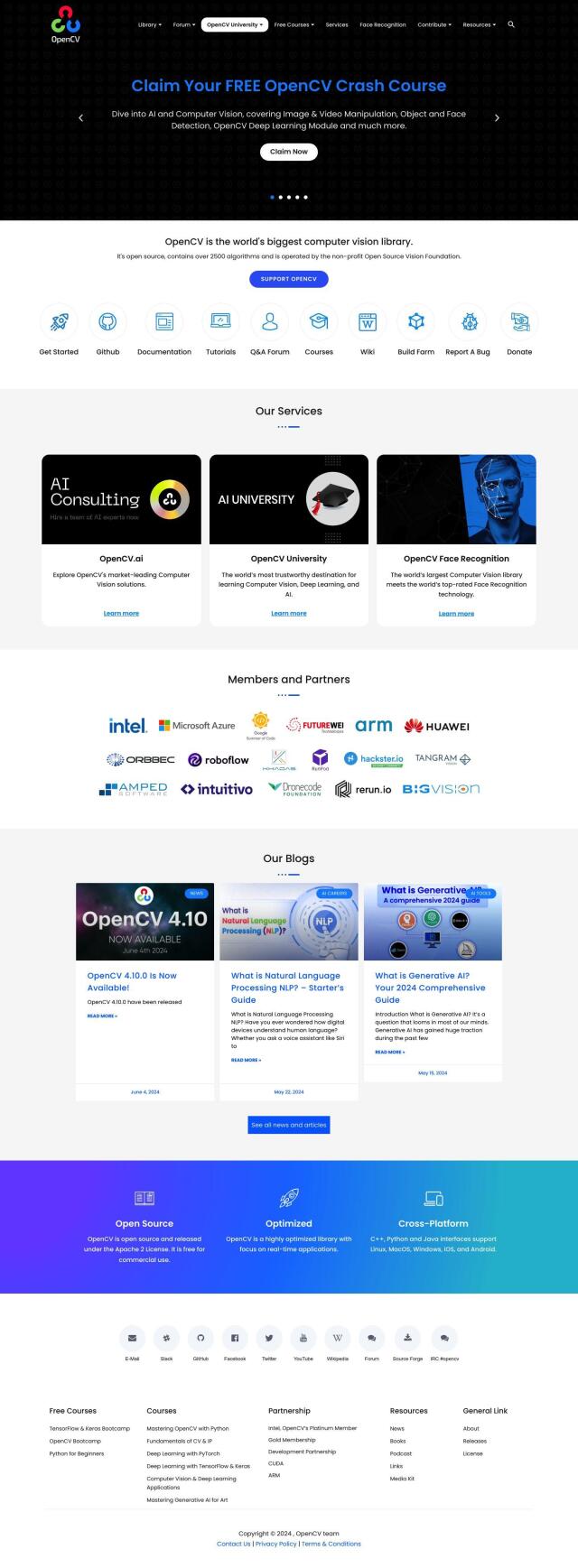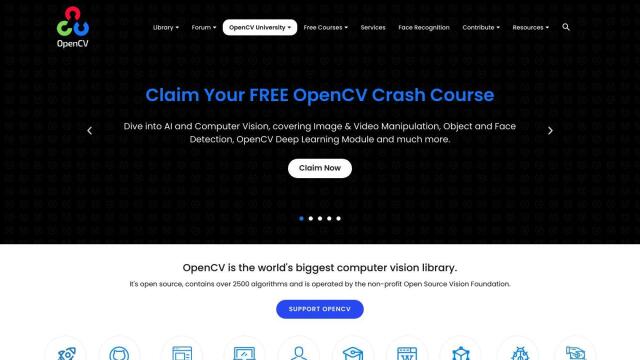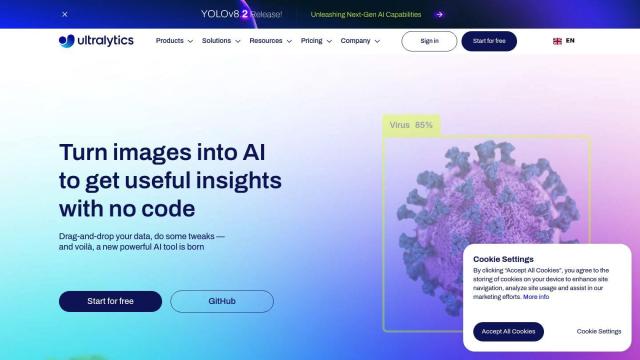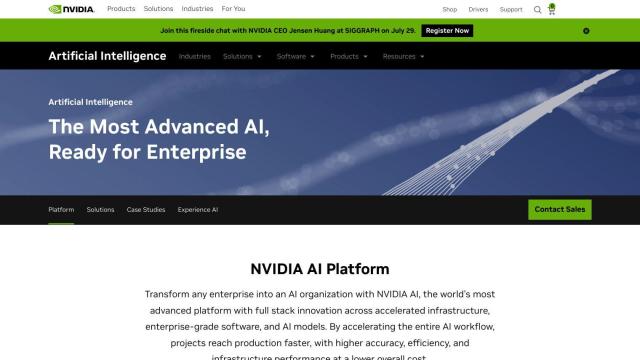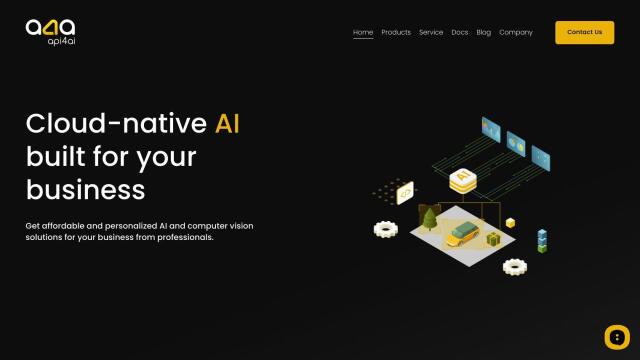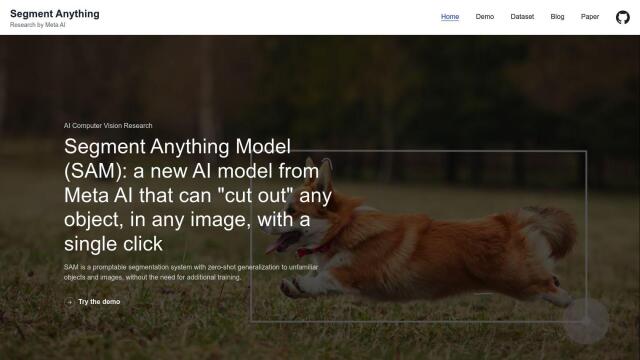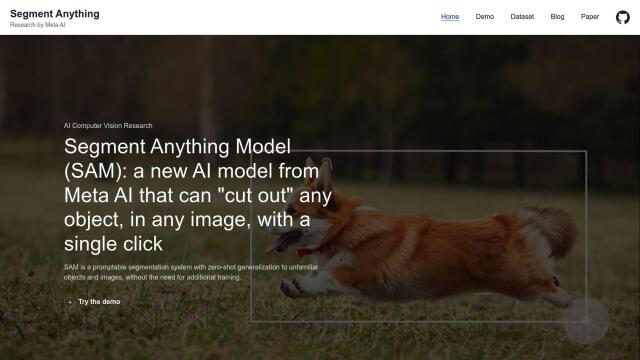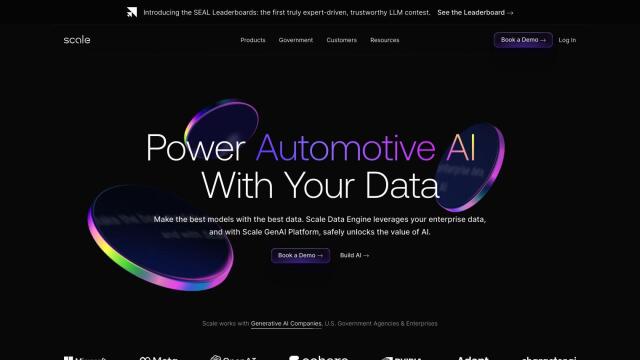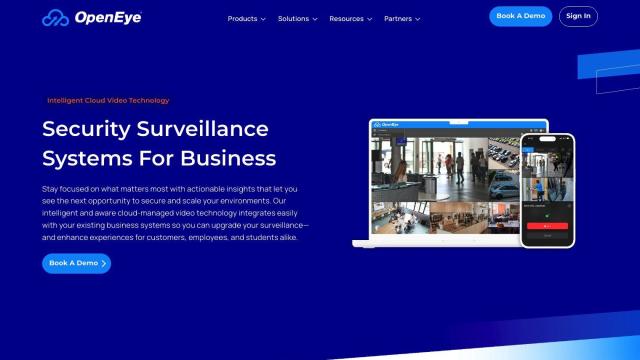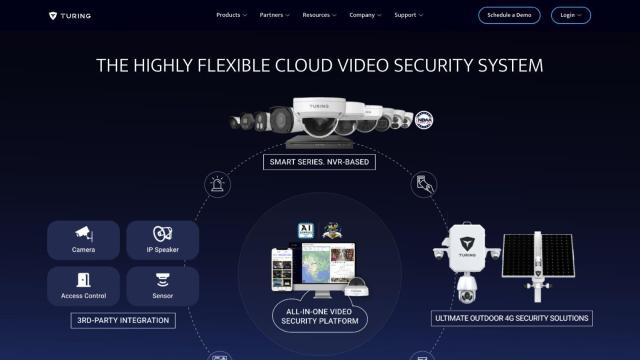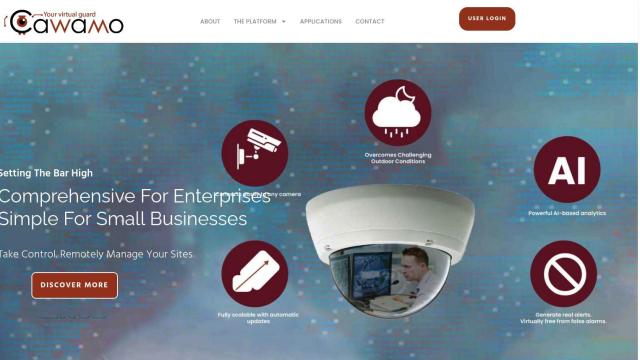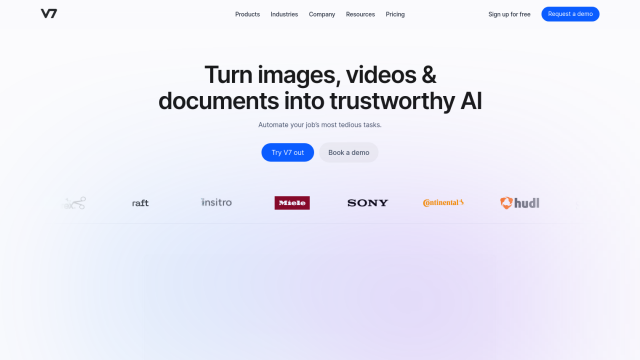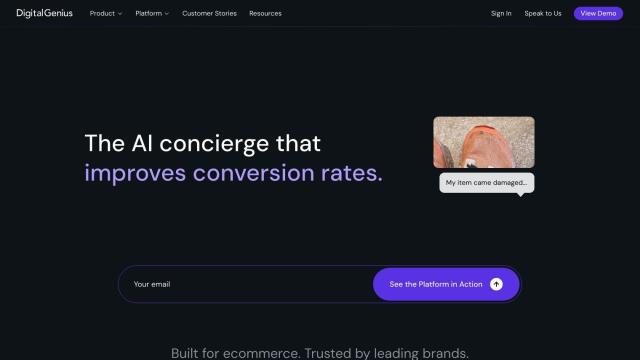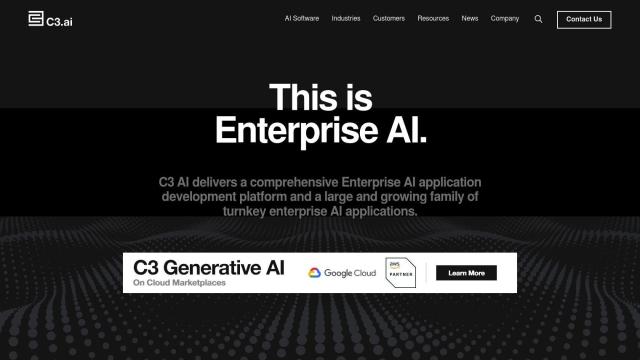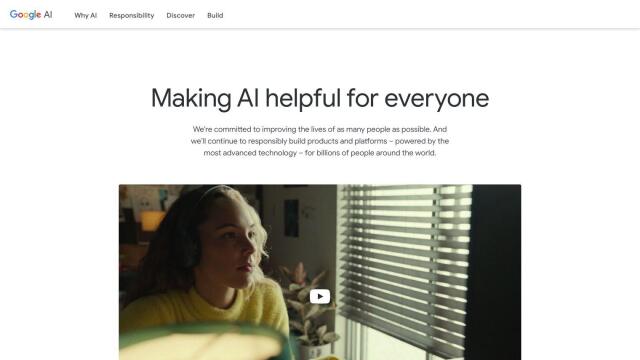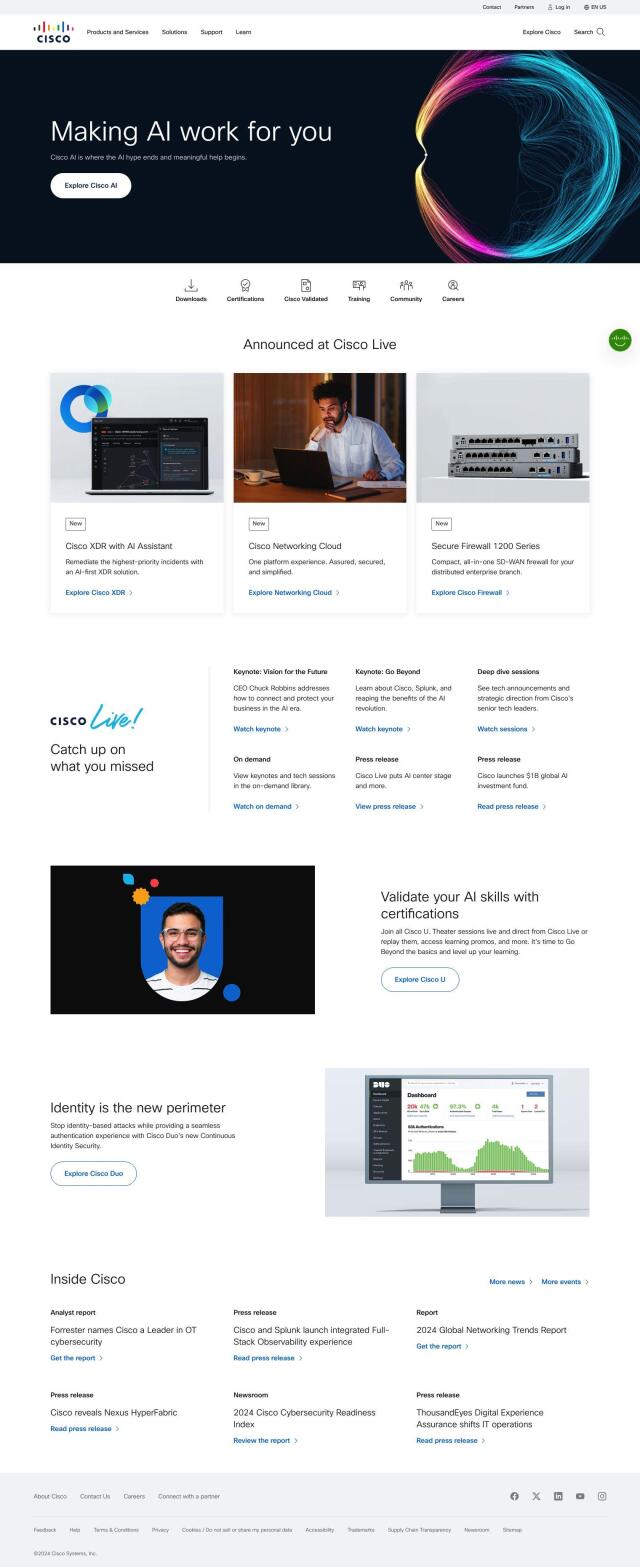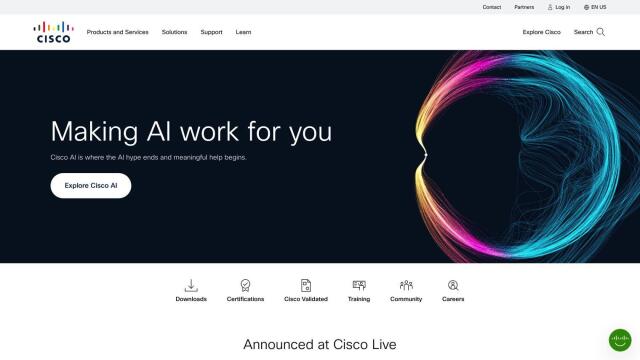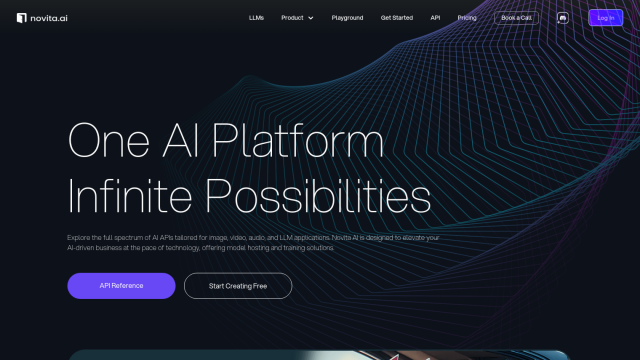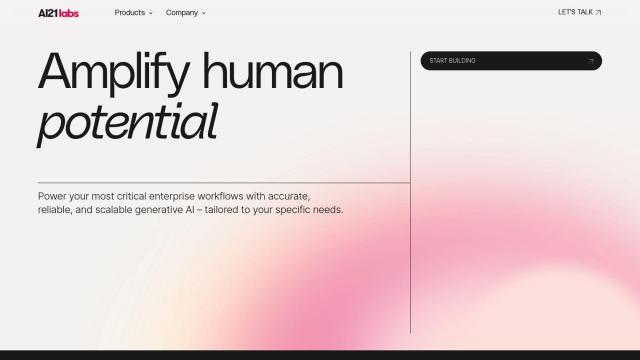Question: Do you know of a platform that offers AI-powered computer vision for defect detection and can be integrated with industrial-grade devices?
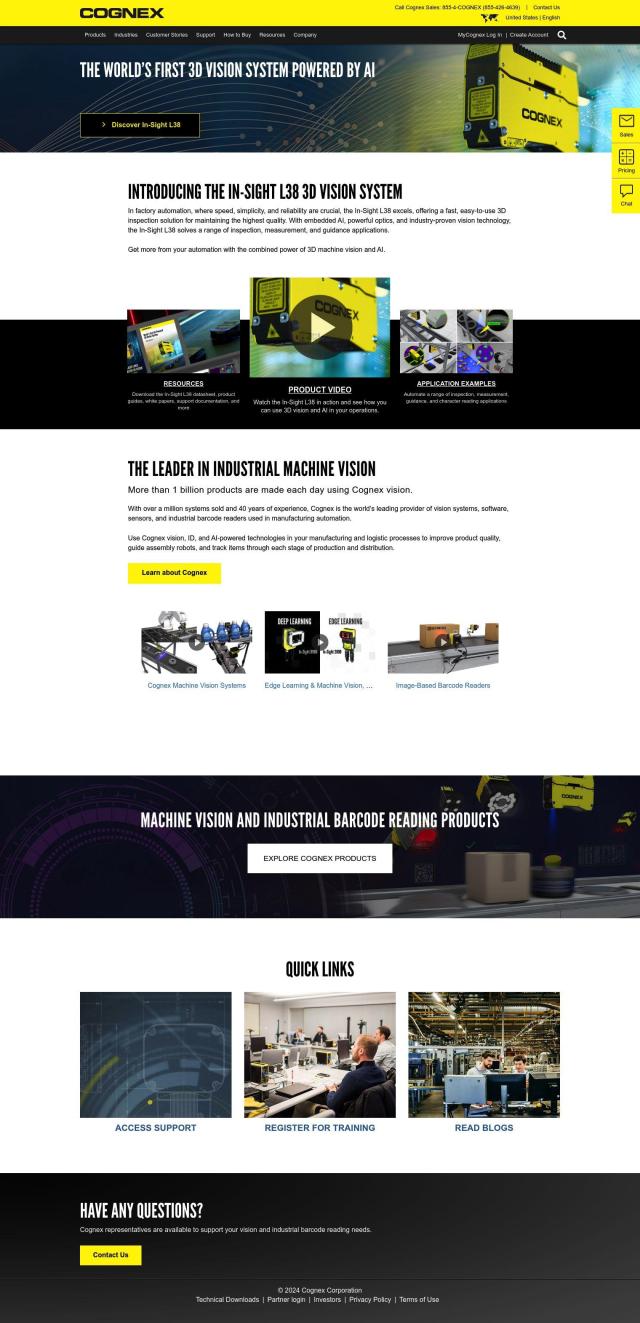
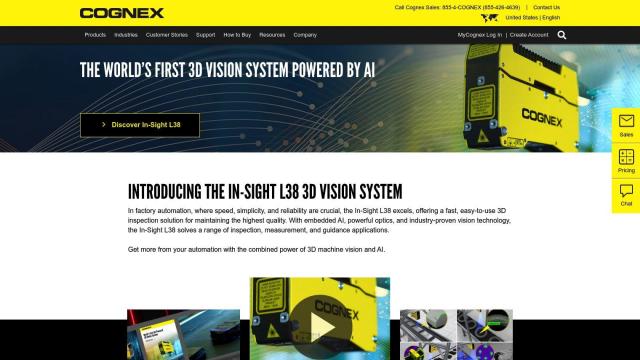
Cognex
If you need a platform that can use AI computer vision for defect detection and that can be used with industrial-grade hardware, Cognex is a good choice. Cognex makes a range of machine vision and barcode scanning products designed to improve product quality and efficiency. Its In-Sight L38 is a 3D vision system that uses AI to accelerate and simplify 3D inspection tasks, which can be useful for reducing defects and optimizing manufacturing and logistics operations.

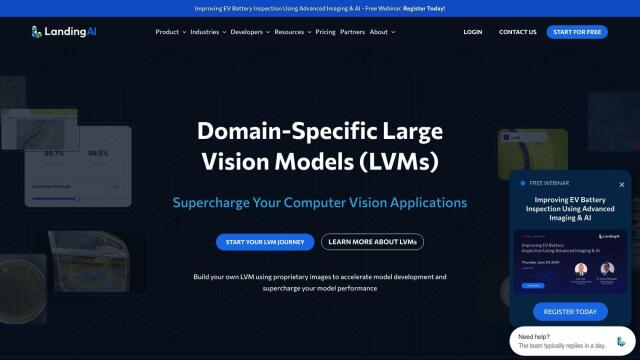
LandingLens
Another good choice is LandingLens, a cloud-based computer vision software foundation that uses domain-specific Large Vision Models (LVMs) and deep learning. LandingLens can be deployed in cloud and edge environments, and can be used with cloud and edge hardware. You can train your own LVMs with proprietary imagery, which makes it a good choice for fine tuning models and speeding up development in industrial settings.

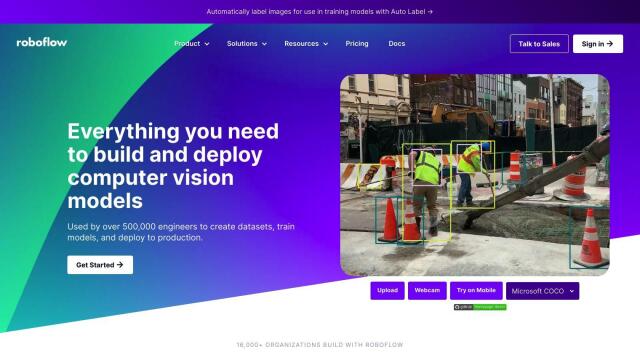
Roboflow
Roboflow is also a good option, offering a full-stack platform for training and deploying computer vision models. Roboflow streamlines development with automated annotation tools and powerful deployment options, letting you deploy models at scale to edge and cloud environments. It integrates with frameworks like TensorFlow and PyTorch, and can be deployed on hardware like Raspberry Pi and Luxonis OAK cameras, so it's good for a broad range of industrial uses.

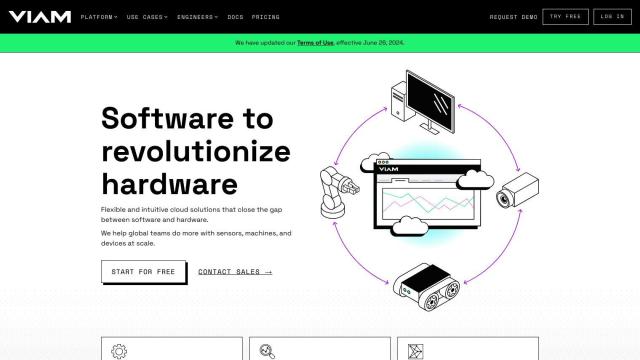
Viam
Last, Viam offers a cloud-based platform for building, monitoring and operating smart machines. It includes AI abilities, deployable AI models and predictive fleet maintenance, which can be useful for real-time data collection and predictive maintenance in industrial settings. Viam's flexible, hardware-agnostic design means it can be used with a variety of hardware and software combinations, so it's a good option for different industries and use cases.
